However, with this past manuscript I've been working on, I've realized that I also waste a lot of space with unnecessary words. The problem with this besides bloating the word count is it makes for a passive voice which causes a disconnect with the character. So if you're writing feels dull, try some of these tips to jazz it up!
1) Cut out as many "to be"s as possible.
I am terrible about this. Going through my manuscript and cutting out all the unnecessary places I found "was" slashed my word count down a lot. It also makes the writing feel slow because the character seems like they are just telling you what is happening instead of showing.
Ex: "He was standing in the corner."
See how boring that sentence is?
Better: "He stood in the corner."
Now that "was" has been taken out, it feels a little more active. But we can make this even better.
Best: "He slouched against the wall."
This gives us a lot more of a visual as to what the character is doing and it feels a lot more active.
The dreaded "to be" verb doesn't just strike when characters are involved either. Object get the passive voice treatment as well.
Ex: "The velvet drapes were hung on either side of the large window."
Again, we are being told about the drapes.
Better: "The velvet drapes hung on either side of the large window."
Just taking out the "to be" verb helps the sentence feel a little fresher but again, this is an inactive sentence so lets do better.
Best: "I run my fingers along the velvet drapes hanging closed against the morning light."
Now the character is interacting with the object which makes the object worth being described, we've ditched the boring "to be" verb and spruced the whole sentence up!
2) Describing items using multiple words.
This is another one that I am very guilty of. Just cutting multiple adjectives to describe one object helped get my word count under control.
Ex: "The large, tall and thick oak tree had big leafy branches that spread out high above our heads."
Holy moly, Batman! Those are a lot of words to describe a tree when we could get the idea with a lot less.
Better: "The thick oak tree had leafy branches that spread out high above our heads."
Again, this still has a lot of words to describe a tree that probably doesn't have a whole lot of importance.
Best: "The oak's leafy branches spread out high above our heads."
 See how many words we cut by getting rid of all those unnecessary adjectives? Chances are, the reader is going to understand that the oak tree is "thick" and "big" based on the fact that the branches are high up. Trust the reader to fill in the blanks!
See how many words we cut by getting rid of all those unnecessary adjectives? Chances are, the reader is going to understand that the oak tree is "thick" and "big" based on the fact that the branches are high up. Trust the reader to fill in the blanks!3) Cut weasel words!
We all have words that we lean on. The ones we use without even thinking about it. In fact, I wanted to use one of my in this sentence and the one before this. Here are a list of common weasel words to look for and eliminate:
- Just (which was the one I wanted to use)
- Then
- That
- Suddenly
- Very
- Every
- Would
- It
- See
- Seem
- Smile
Take "just" for example:
Bad Ex: "She just didn't know what to do."
This example is super boring and "just" sits there not doing anything for the sentence.
Better: "It's no big deal really. It's just my entire life."
In this sentence, "just" is exaggerating the point and adding a sarcastic or drastic tone. It's making this weasel word count.
"Then" is another good example that, when used correctly, can really make an impact:
Bad Ex: "Then we decided to leave."
In this example, "then" hangs there all boring. This sentence is telling us nothing. But if "then" is used correctly, it will have an impact!
Better: "She washed the dishes, scrubbed the floor, folded the laundry, dusted and straightened, anything to keep her mind off the conversation she knew was coming that night.Then, with nothing left to do, she sat on the couch to wait."
Alright, so this isn't the strongest example, but "then" does serve to show how much the character is stalling. It is telling us something about the woman.
Better: "And then the gun went off."
Wouldn't you just need to turn the page to keep reading? The nonchalant "then" in this sentence serves to add excitement.
4) Par down the dialogue tags.
I tend to add a lot of action at the end of dialogue tags which fluffs my word count. Get rid of those tags and use anything other than "she said/he said" sparingly.
Ex: "I hate you," she yelled at the top of her lungs, throwing a vase at his head.
We get from her action that she is probably yelling and loudly. We don't need to know that she "screamed bloody murder" when her actions show us that.
Better: "I hate you," she yelled, throwing a vase at his head.
We understand that she is yelling and her actions show us just how angry she is.
Those are my tips for cutting down your word count. There are even more ways but those are the things I'm guilty of. Be removing a lot of these, my character's voice becomes more active and my word count lowers. I hope it helps you and I'd love to hear about anything you've learned over the years!







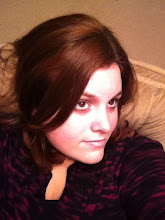



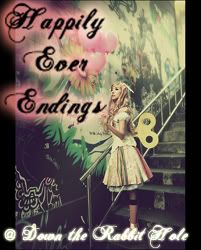



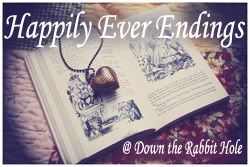
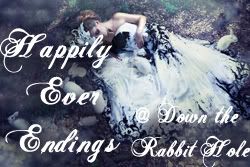







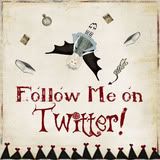
















Thanks, Amber! With a teacher who frowns at even 5 words past word limit, this'll help.
ReplyDelete